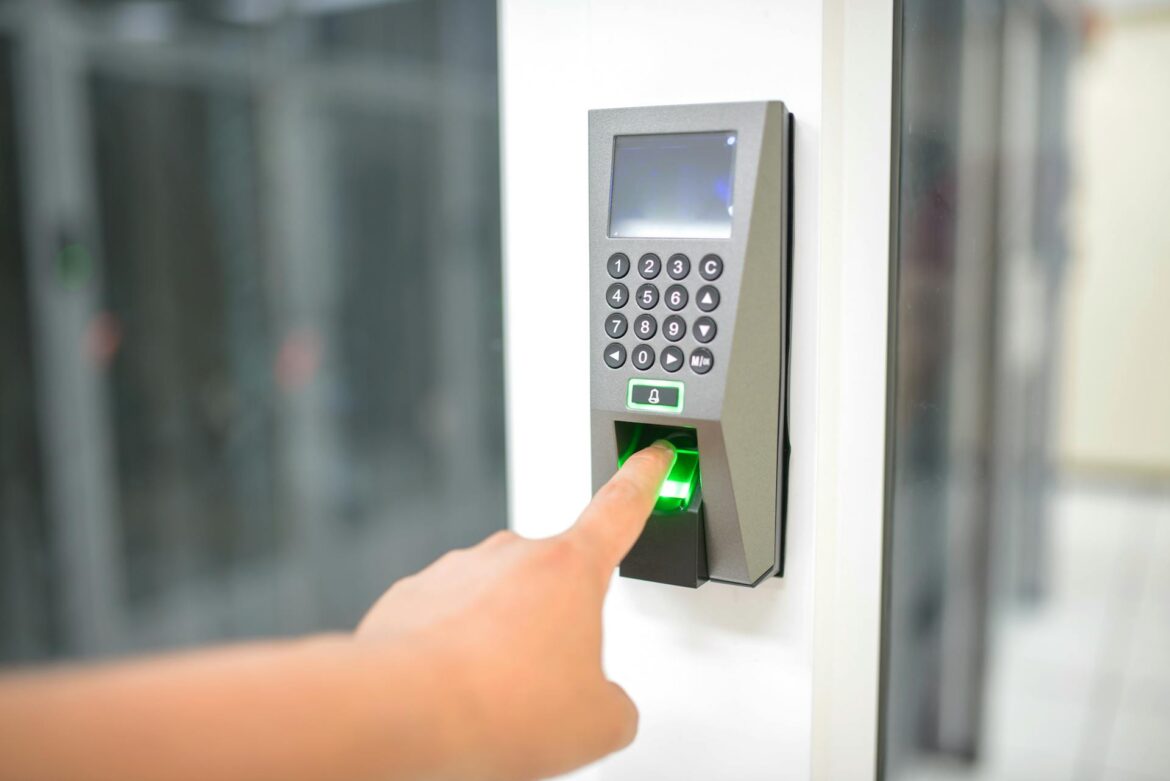Airport biometrics is transforming the landscape of travel security, offering a seamless and efficient way to enhance passenger screening, identity verification, and overall airport security protocols. This article delves into the innovative use of biometric technology in airports, exploring how biometrics are revolutionizing travel security and reshaping the passenger experience. By examining the benefits, challenges, and future trends of airport biometrics, we uncover the significant impact this technology is having on enhancing security measures and streamlining airport operations.
The Rise of Airport Biometrics
Biometric technology, including facial recognition, fingerprint scanning, iris recognition, and vein pattern recognition, is increasingly being adopted by airports worldwide to improve security processes and enhance the passenger journey. By capturing unique physical characteristics of individuals, biometrics offer a secure and reliable method for identity verification and access control in airport environments
The Rise of Airport Biometrics
Biometric technology, including facial recognition, fingerprint scanning, iris recognition, and vein pattern recognition, is increasingly being adopted by airports worldwide to improve security processes and enhance the passenger journey. By capturing unique physical characteristics of individuals, biometrics offer a secure and reliable method for identity verification and access control in airport environments.
Benefits of Airport Biometrics
- Enhanced Security: Biometric authentication provides a high level of security by accurately verifying the identity of passengers, staff, and other individuals entering restricted areas within airports.
- Efficiency and Speed: Biometric systems streamline passenger screening processes, reducing wait times at security checkpoints and boarding gates, leading to a more efficient travel experience.
- Improved Passenger Experience: By eliminating the need for physical documents or boarding passes, biometrics offer a touchless and convenient way for passengers to navigate through airports with minimal hassle.
- Reduced Fraud and Identity Theft: Biometric technology helps prevent fraud and identity theft by ensuring that individuals are who they claim to be, reducing the risk of unauthorized access or fraudulent activities
Challenges in Implementing Airport Biometrics
- Privacy Concerns: The collection and storage of biometric data raise privacy concerns among passengers regarding data protection, consent, and potential misuse of personal information.
- Interoperability Issues: Ensuring compatibility between different biometric systems used by airlines, airports, and border control agencies can be challenging due to varying standards and technologies.
- Regulatory Compliance: Adhering to data protection regulations such as GDPR (General Data Protection Regulation) while implementing biometric solutions requires careful consideration of privacy laws and consent requirements.
Future Trends in Airport Biometrics
- Contactless Biometrics: The adoption of contactless biometric solutions like facial recognition for touchless authentication is expected to increase in airports to enhance safety during pandemics like COVID-19.
- Biometric Boarding Gates: More airports are likely to implement biometric boarding gates that use facial recognition technology to automate boarding processes and improve operational efficiency.
- Integration with Mobile Devices: The integration of biometric authentication with mobile devices for seamless travel experiences is a growing trend that offers convenience and security for passengers.
In Conclusion: Airport biometrics is revolutionizing travel security by offering a secure, efficient, and convenient way to verify passenger identities and enhance airport operations. Despite challenges related to privacy concerns and regulatory compliance, the benefits of biometric technology in improving security measures, streamlining processes, and enhancing the passenger experience make it a valuable asset for airports looking to stay ahead in an increasingly digital world. As airports continue to invest in biometric solutions, we can expect further advancements that will shape the future of travel security for years to come.



